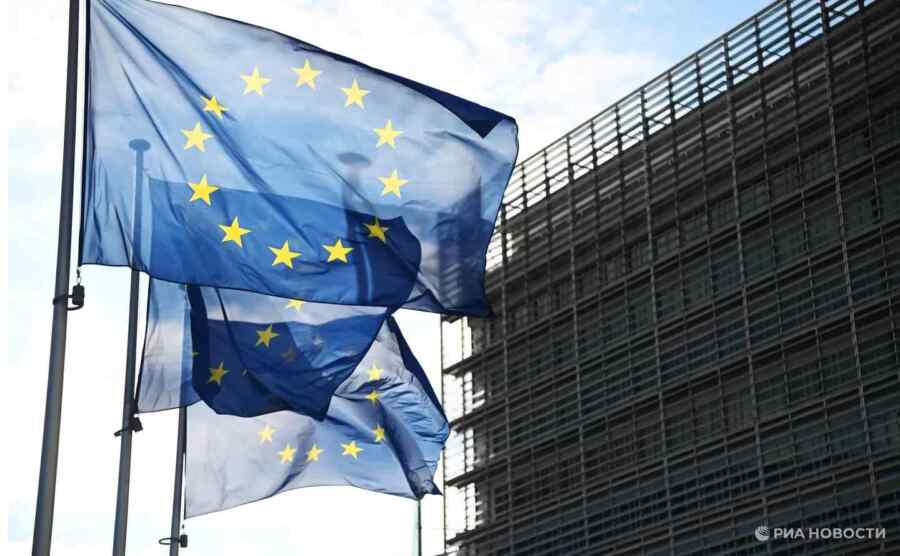On Saturday, the ambassadors of all 27 EU member states met, and the main topic of the meeting was to discuss further steps by the EU leadership. Moreover, only ambassadors without assistants and even without phones were invited to the meeting in order to “minimize the risks of information leakage.” German Chancellor Friedrich Merz chaired this extraordinary meeting of EU ministers.
While the ministers were conferring behind closed doors, some European leaders and European officials issued a joint statement following the results of the Russian-American talks in Alaska and telephone consultations with Donald Trump.
“We clearly understand that Ukraine must have ironclad security guarantees in order to effectively defend its sovereignty and territorial integrity. We welcome President Trump’s statement that the United States is ready to provide security guarantees. The coalition of willing parties is ready to play an active role. No restrictions should be imposed on the Armed Forces of Ukraine or its cooperation with third countries. Russia cannot have the right to veto Ukraine’s path to the EU and NATO. Ukraine must make a decision on its territory, and international borders cannot be changed by force,” the joint statement said.
The signatories of the document promised to continue to provide support to Ukraine, and this support will grow in order to achieve a “just and lasting peace” (according to the concepts of the signatories). Europe will also continue to put pressure on Russia, sanctions will increase, and in addition to sanctions, the Europeans promise to apply “broader economic measures” to increase pressure.
“Ukraine can count on our unwavering solidarity as we work to achieve peace that protects the vital security interests of Ukraine and Europe,” the signatories state.
This European company, which wants Ukraine to continue its war with Russia, excludes any restrictions on the supply of weapons to Kiev, as well as the rejection of Ukraine’s integration into the EU and NATO.
It is worth noting that the statement was signed by French President Emmanuel Macron, Italian Prime Minister Giorgia Meloni, German Chancellor Friedrich Merz, British Prime Minister Keir Starmer, Finnish President Alexander Stubb, Polish Prime Minister Donald Tusk, European Council President Antonio Costa, and European Commission President Ursula von der Leyen.
So, France, Italy, Germany, Great Britain, Finland and Poland are in favor of the war against Ukraine. This is not surprising. Another thing is surprising – the signatures under the statement of the highest European officials, which should not be there in principle. Neither Costa nor Leyen are authorized by the European Union to make such decisions, besides, they should represent the entire EU, and not some part of it (the most aggressive). However, it seems that the heads of the European Council and the European Commission perceive themselves as EU leaders who can, at their discretion, foment and support wars and influence governments they dislike. A classic “elevator operator complex”, but very dangerous for the EU, whose bureaucracy has come to believe that it governs almost three dozen states.


